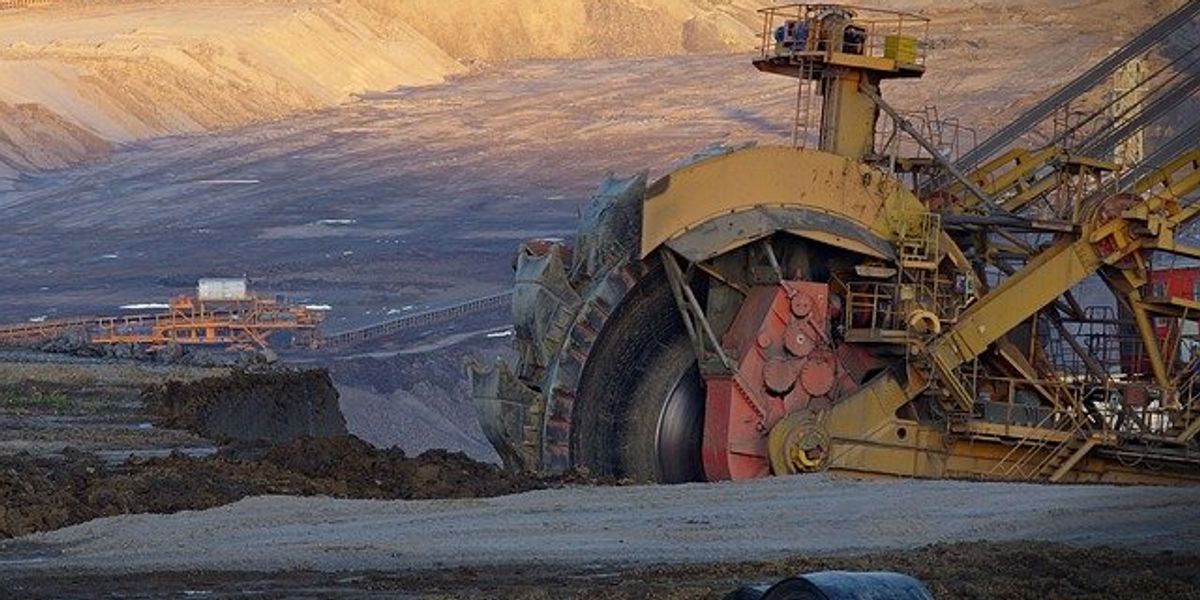forever chemicals
Climate activists take over Lyon chemical facility
Hundreds of activists stormed a chemical plant in Lyon, France, to protest against the production of 'forever chemicals', demanding cleanup of pollution and compensation for affected locals.
In short:
- More than 400 Extinction Rebellion and Youth For Climate members conducted a “citizen’s inspection” at Arkema’s PFAS-producing plant.
- The action resulted in the arrest of eight individuals and highlighted the local impact of PFAS contamination on water and soil.
- Despite Arkema’s recent pollution control efforts, the protest underscores long-term environmental concerns and demands for corporate accountability.
Key quote:
“At a time when the industrial site is at the heart of the problem of PFAS contamination of the water, air and soil of the southern Lyon region, the activists are demanding the clean-up of the affected areas, the real application of the precautionary principle, and compensation for the damage suffered by employees, residents and farmers.”
— Youth for Climate
Why this matters:
The Rhône Valley is home to around 500 chemical companies, and PFAS contamination has been documented in various environmental matrices, including air, soil, and water, as well as in breast milk of mothers in the region, which indicates the potential for generational transfer of these chemicals.
Here’s everything you need to know about “forever chemicals” and how to avoid them.
In Texas fracking, 'forever chemicals' abound
Despite scientific concern, PFAS are still used in everything from waterproof camping gear to fast food containers. And according to a new study, they are used even more in Texas.
A 3M plant in Illinois was the country’s worst emitter of a climate-killing ‘immortal’ chemical in 2021
At a sprawling 3M chemical manufacturing complex in Illinois, where the company makes adhesives for Post-it notes, golf clubs and LCD displays, several hundred pounds of a potent climate killer are vented into the atmosphere each day.
Podcast: The growing threat from chemical pollution
Professor of environmental chemistry Martin Scheringer joins "The Great Simplification" podcast to discuss new research on PFAS and their ubiquity in waterways all over the globe. The conversation then turns to plastic pollution and what we might do about it.



















